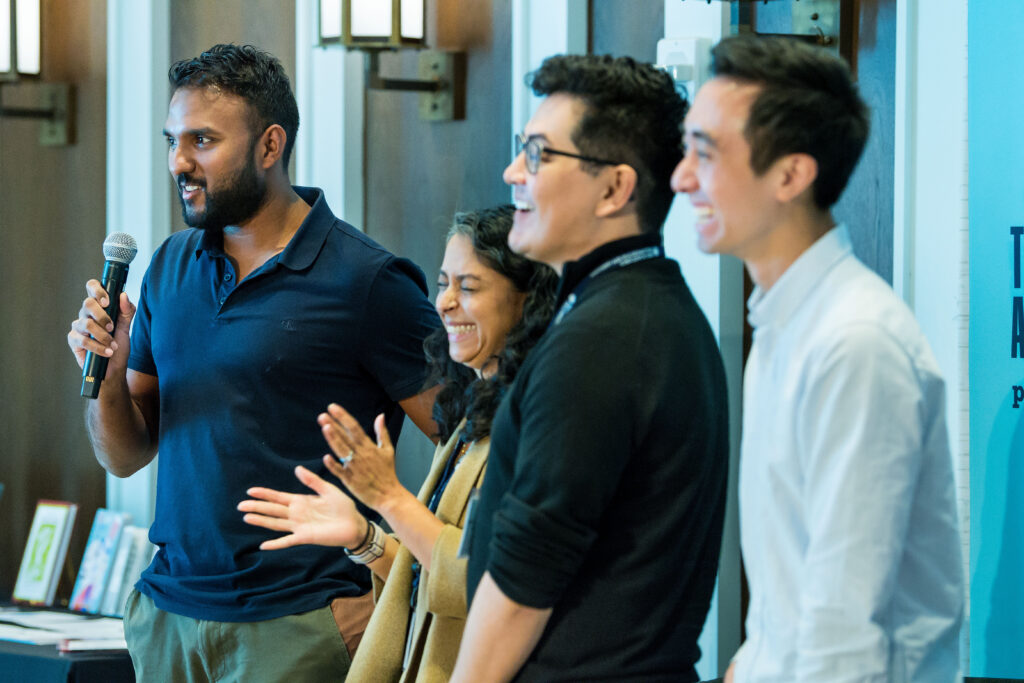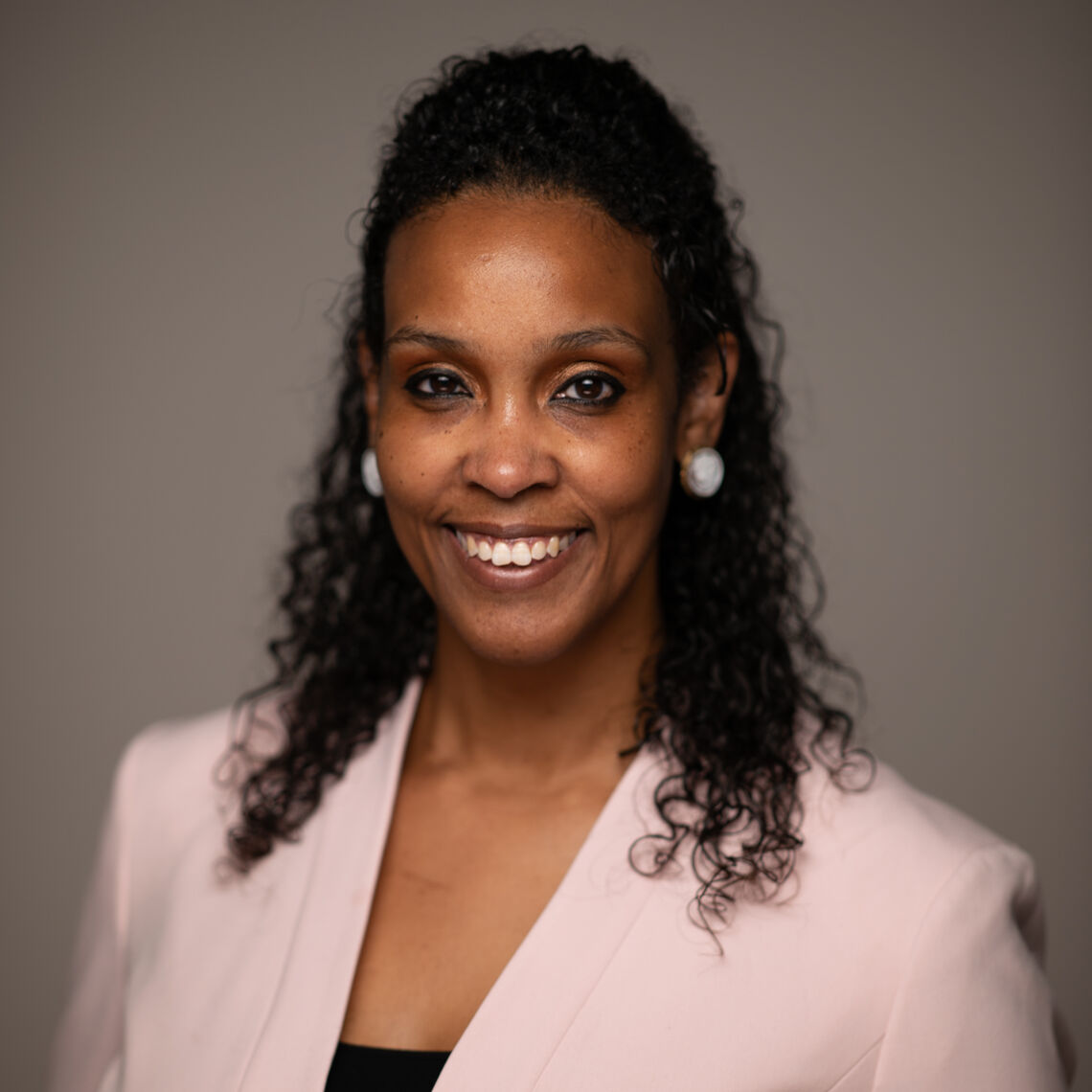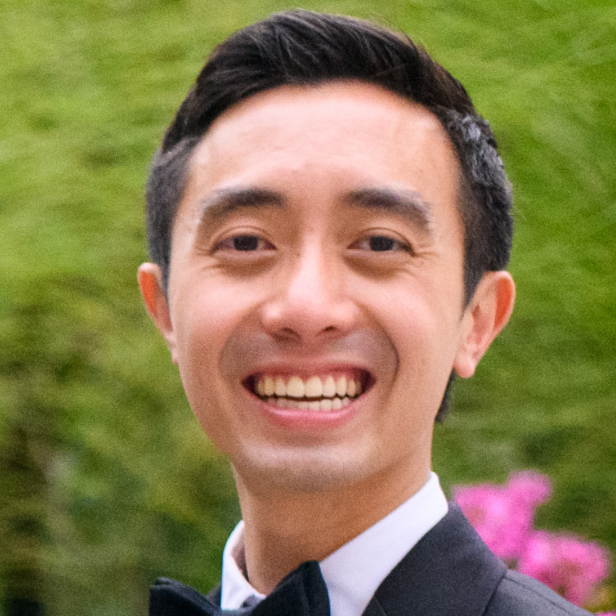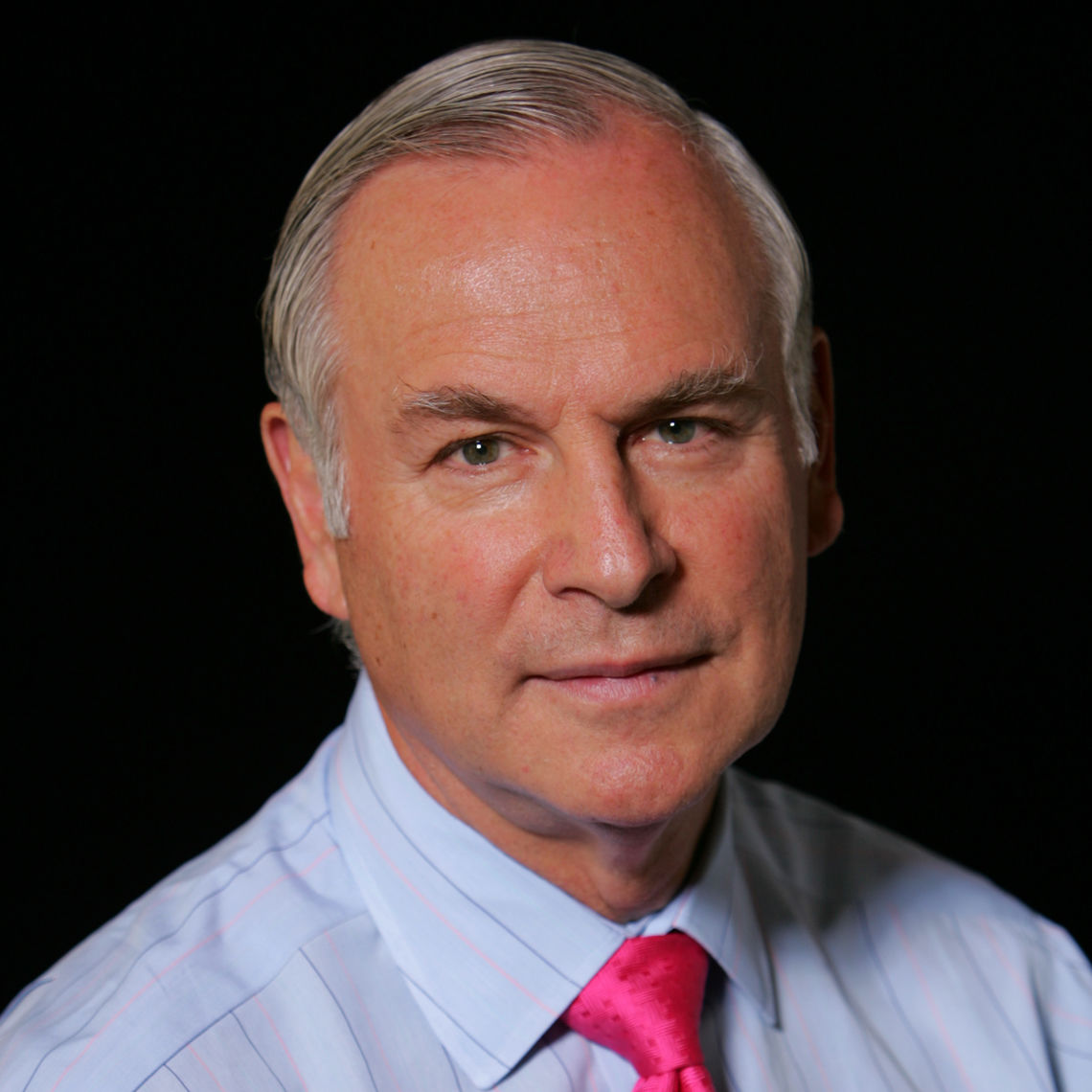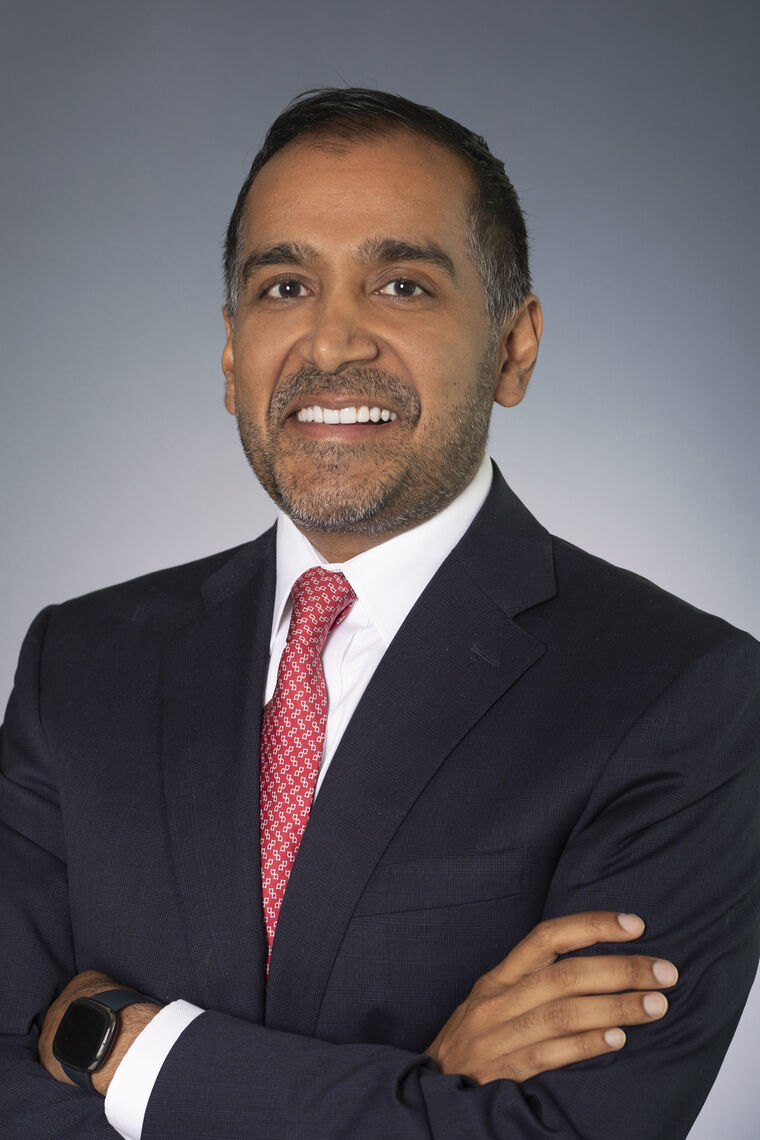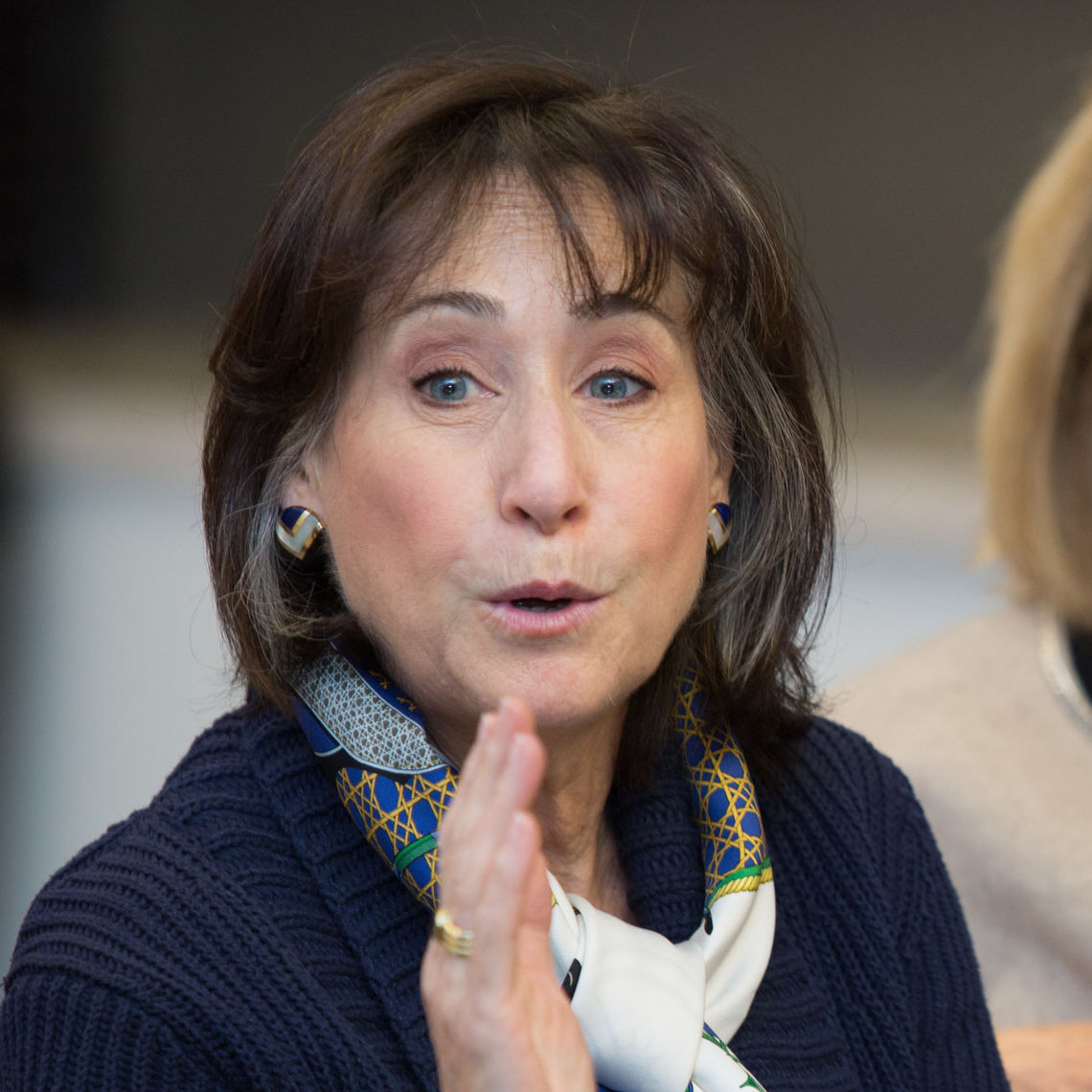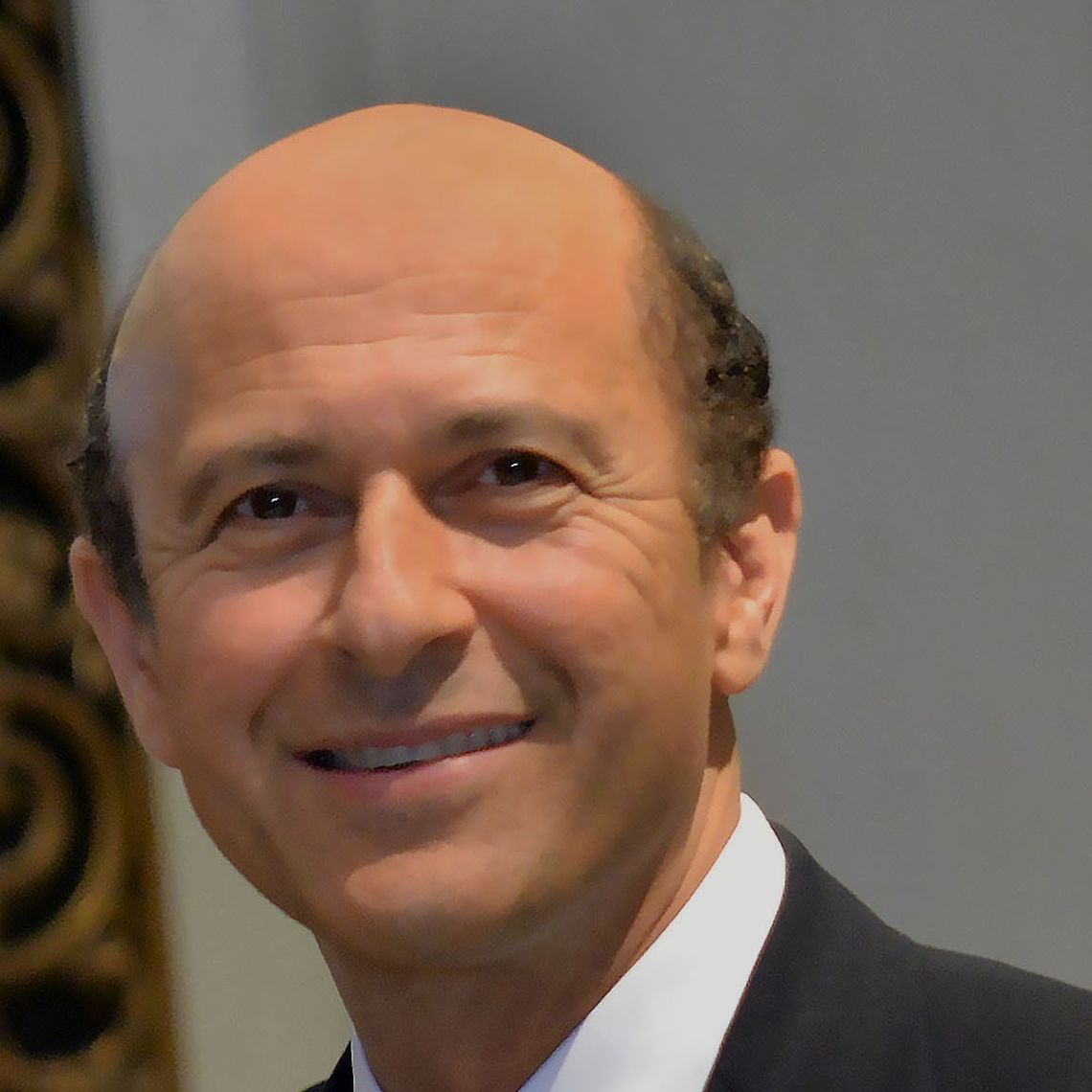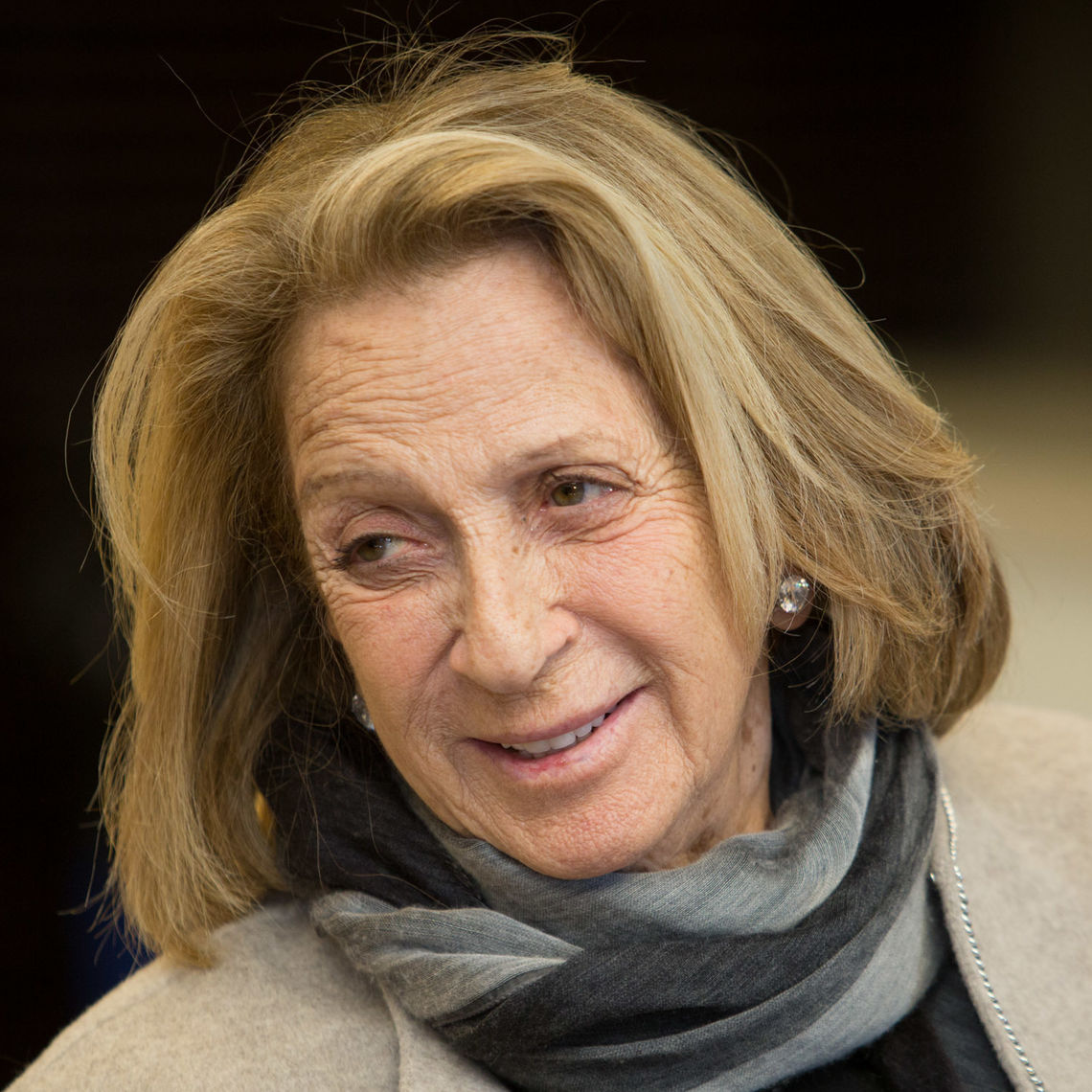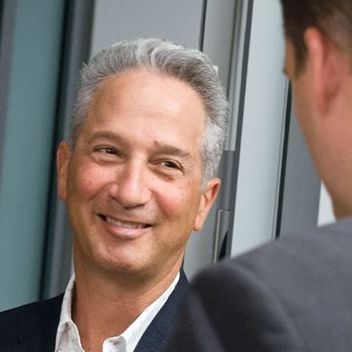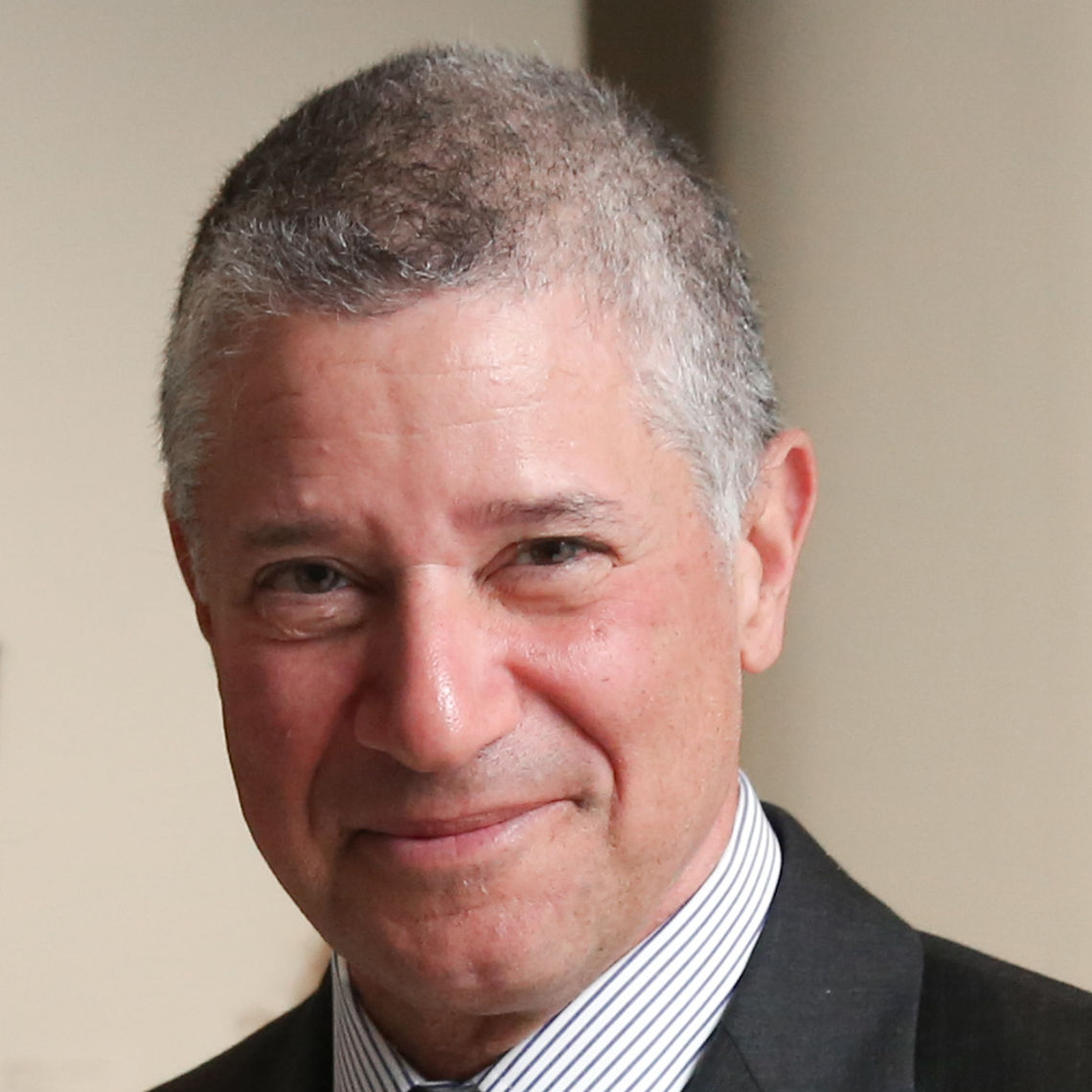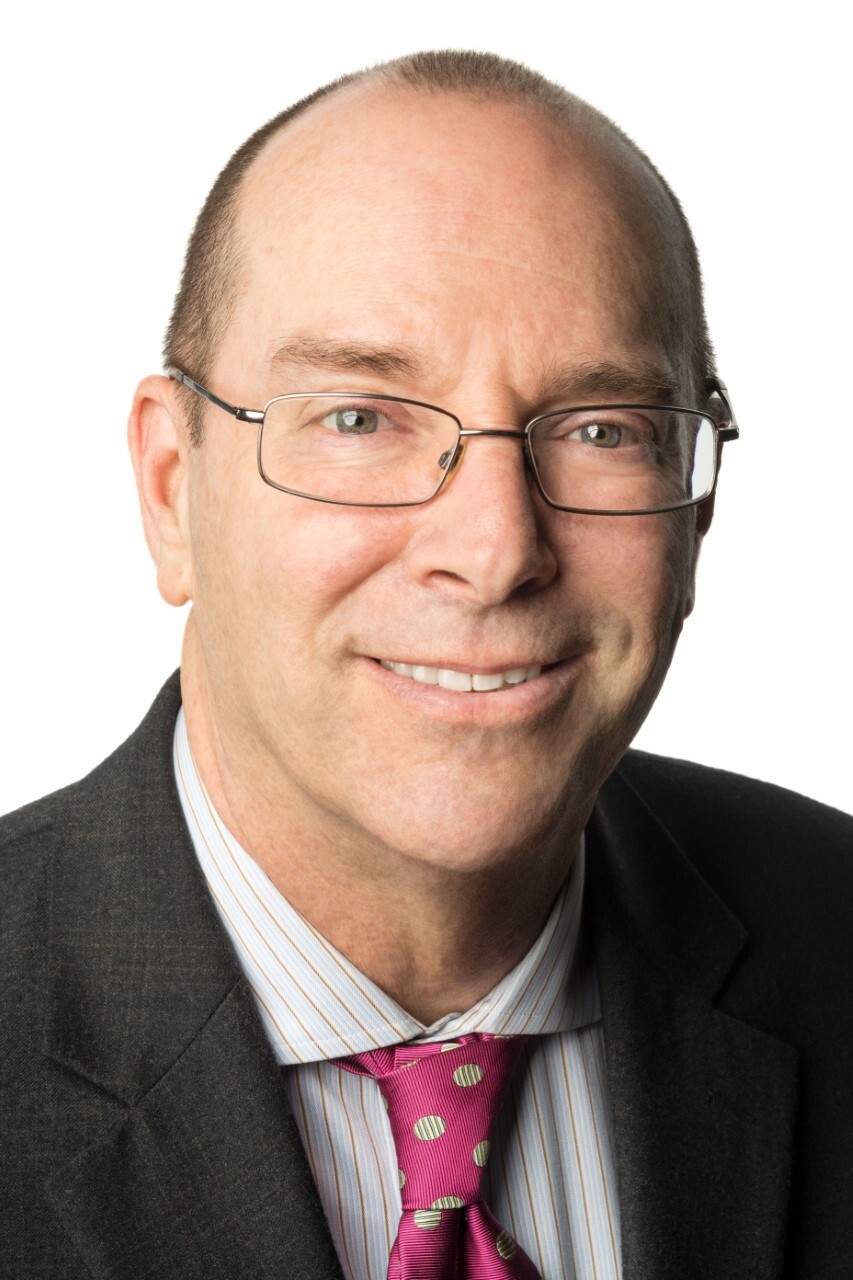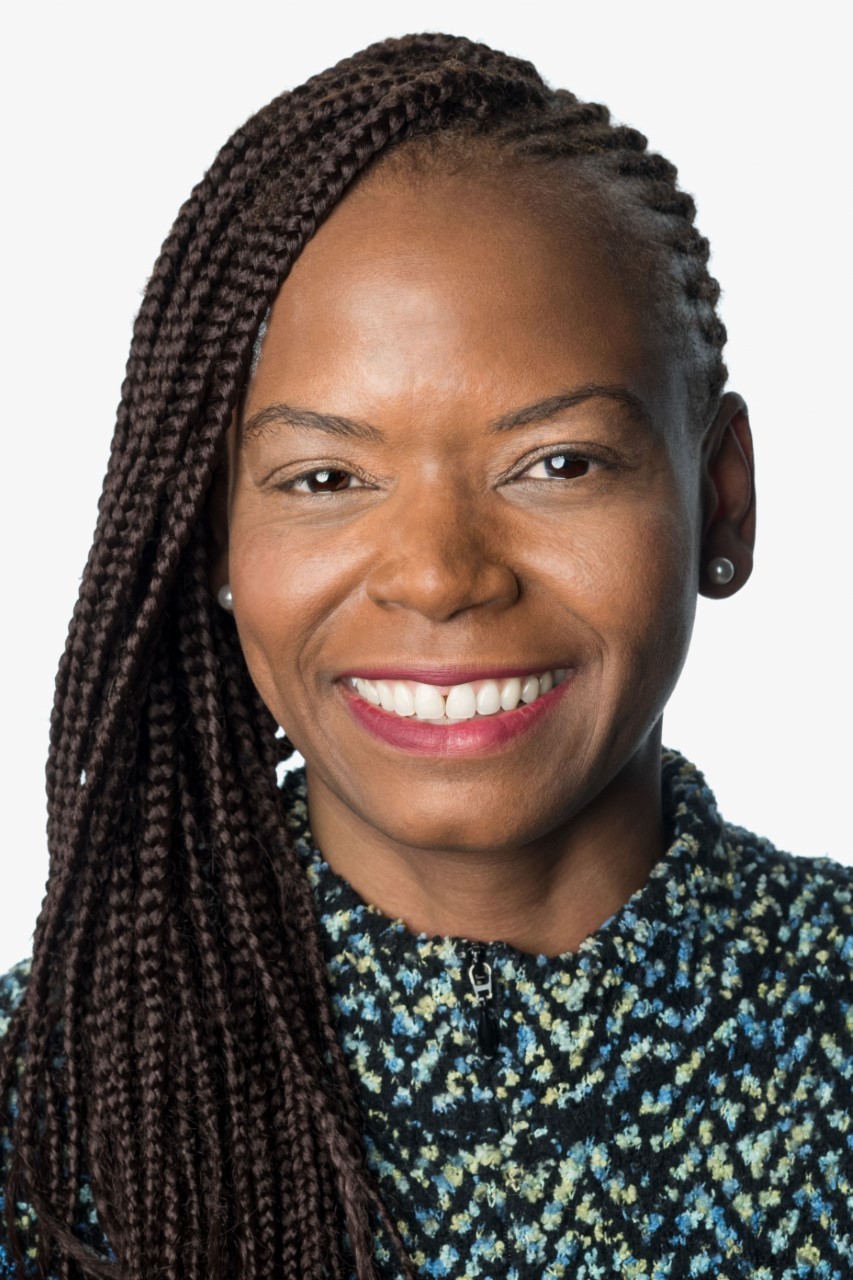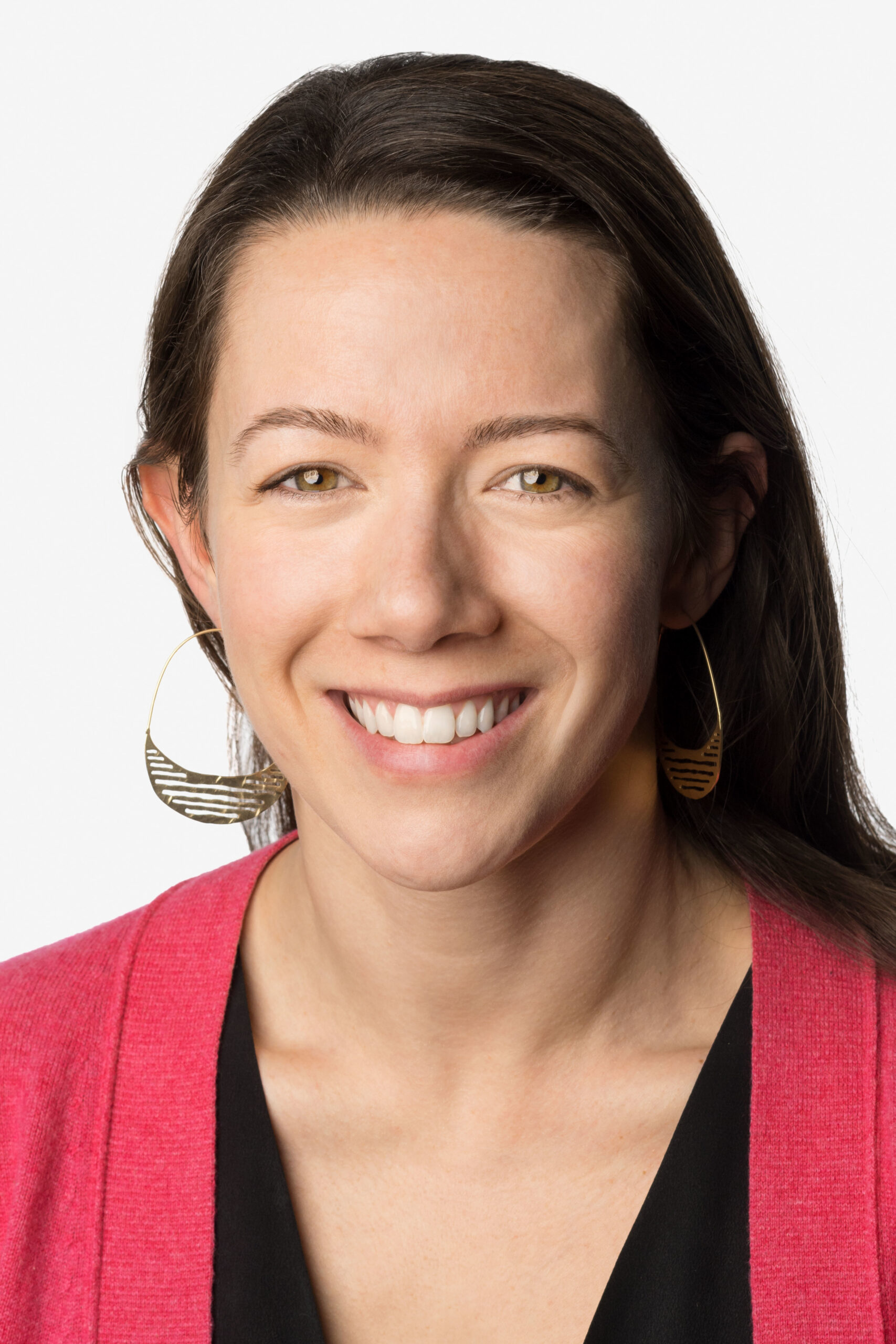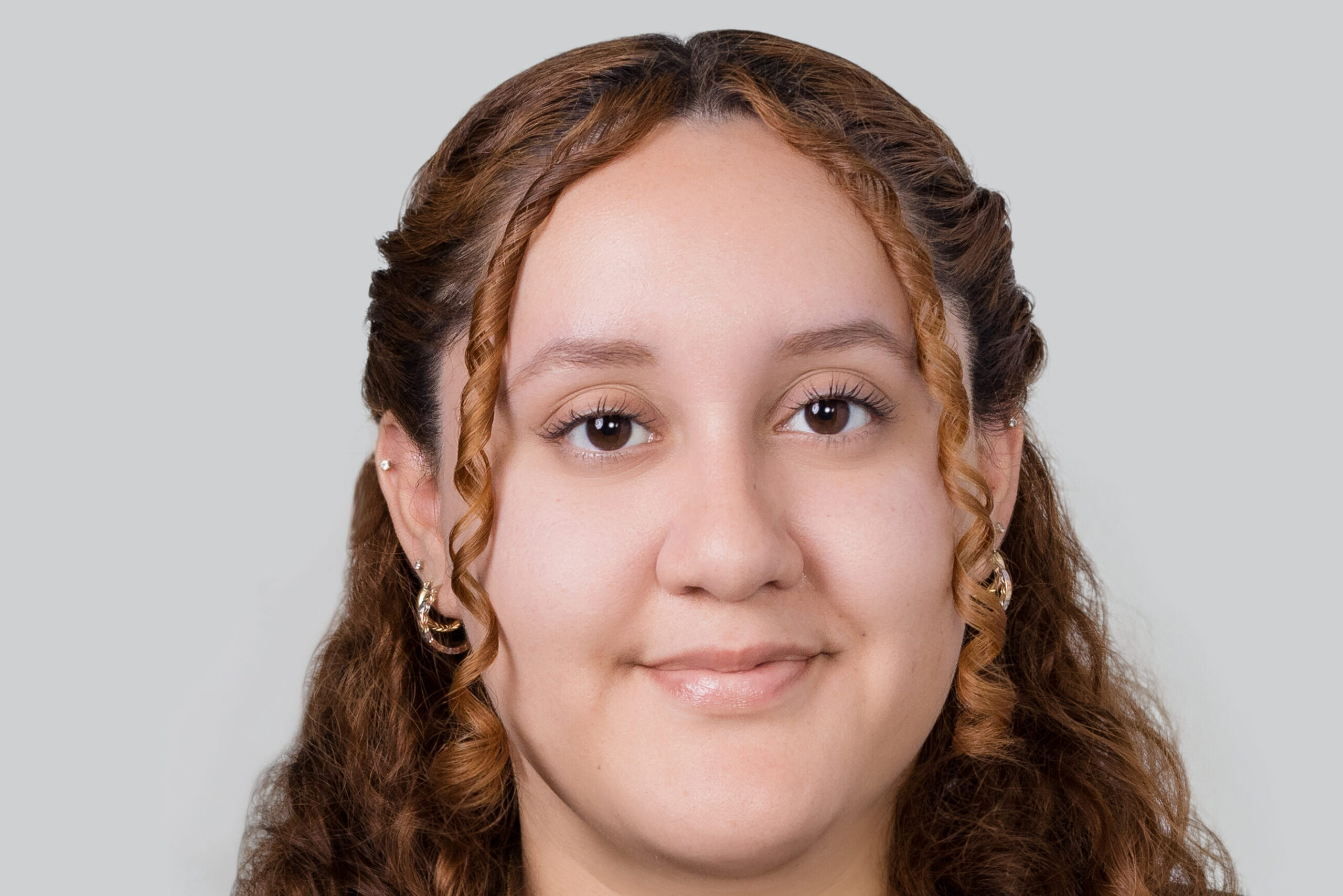Who We Are
Daisy Soros and her late husband Paul Soros, both Hungarian immigrants and dedicated philanthropists, founded the Paul & Daisy Soros Fellowships for New Americans to invest in the potential of New Americans at pivotal stages in their education. Recognizing a critical need that remains relevant today, they established this Fellowship to support and uplift those who, like them, have come to the United States seeking opportunity. Their vision was to give back to the country that provided their family with immense opportunities, ensuring that the next generation of immigrants can achieve their fullest potential and contribute to the nation’s future.
Learn About Our Fellowship Founders
Daisy Soros is a prominent philanthropist involved in numerous cultural and educational institutions, while Paul Soros, an engineer who survived communist and Nazi Europe, was deeply committed to democracy and active citizenship. Their shared vision and generosity continue to inspire and empower new generations of American leaders.
Daisy M. Soros
Founder and Chairman of the Board of Directors of The Paul and Daisy Soros Fellowships for New Americans
Daisy M. Soros is the Chairman of the Board of Directors of The Paul and Daisy Soros Fellowships for New Americans that supports two years of graduate study for 60 fellows each year. Mrs. Soros is a member of the Board of Overseers of Weill Cornell Medical College where she also serves as Founding Chairman of the Dean’s Council. She is an Advisory Director of the Metropolitan Opera, an Honorary Trustee of International House, Secretary on the board of the New York Philharmonic, and a Director Emeritus of Lincoln Center for the Performing Arts. She serves on the boards of The Society of Memorial Sloan-Kettering Cancer Center, the American Austrian Foundation, the Foreign Policy Association, and the Venetian Heritage, and is former Chairman of the Board of the Friends of the Budapest Festival Orchestra. She received an honorary Doctor of Laws at Bates College in Maine, an honorary Doctor of Humane Letters from Macaulay Honors College of the City University of New York and an honorary Doctor of Fine Arts from New York School of Interior Design. Innumerable institutions have honored her, including Ellis Island, Henry Street Settlement and Lincoln Center.
Mrs. Soros grew up in Hungary and graduated from the Ecole Hotelier in Lausanne, Switzerland. She came to the United States on a student visa, enrolling at Columbia University. She later attended the New York School of Interior Design, and NYU’s School of Social Work, and worked extensively as a counselor to terminally ill patients and their families.
Mrs. Soros has two sons, Peter and Jeffrey, and is the proud grandmother of five grandchildren and great grandmother of two great grand children.
Fellows Interview Daisy
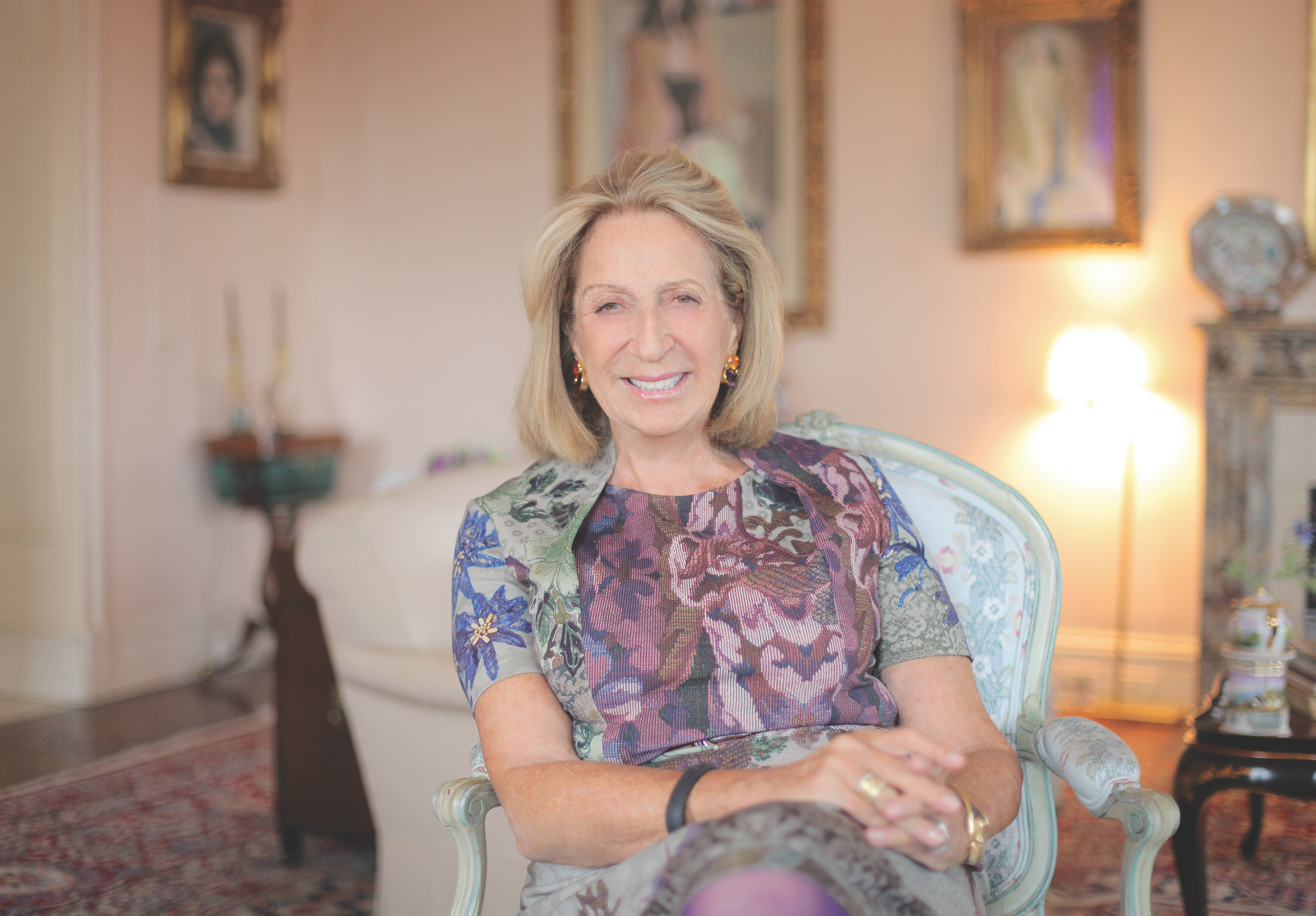
Interview
An Interview with Daisy Soros by Aarti Shahani (2010 Fellow)
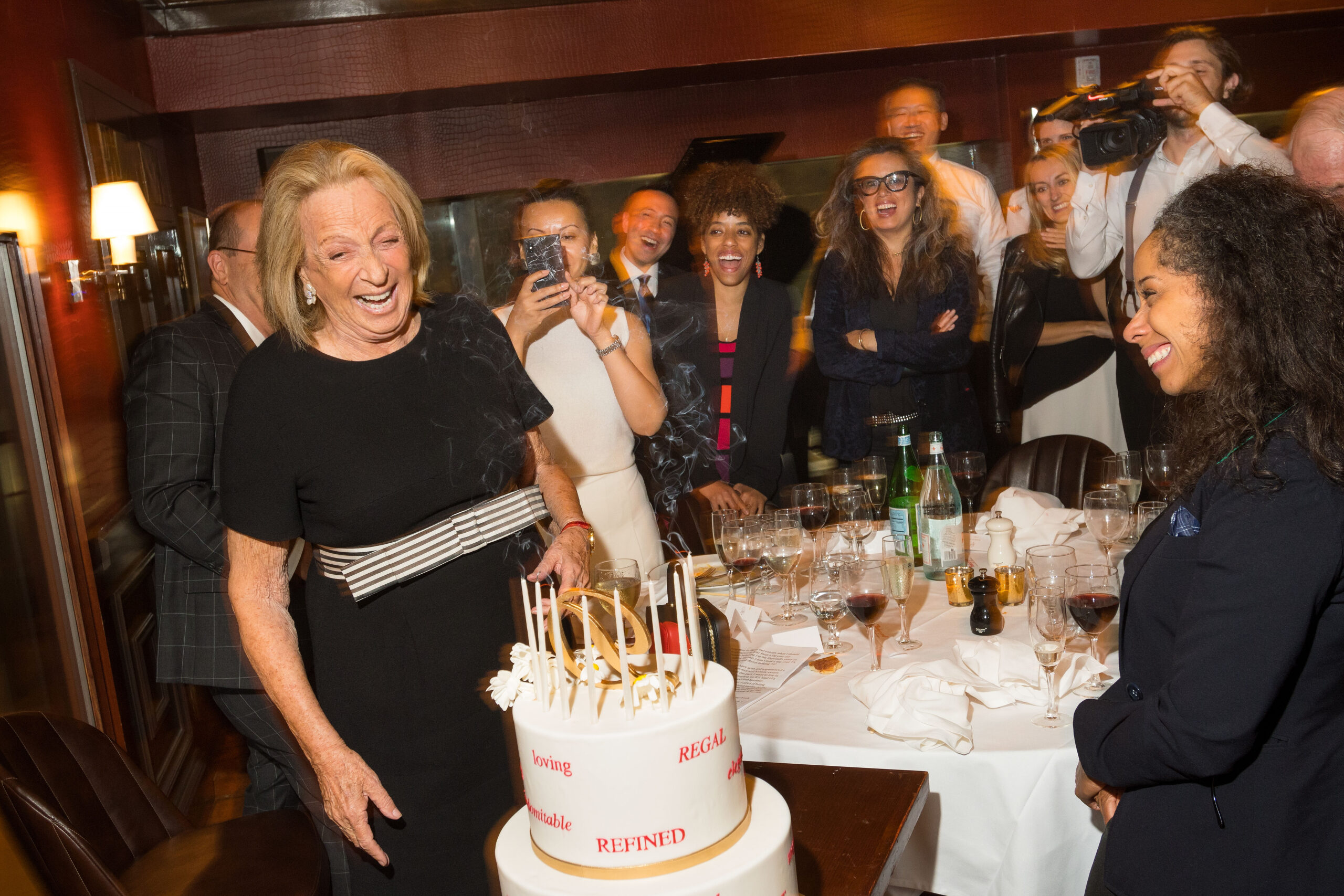
Video
Fellows Celebrate Daisy’s 90th Birthday
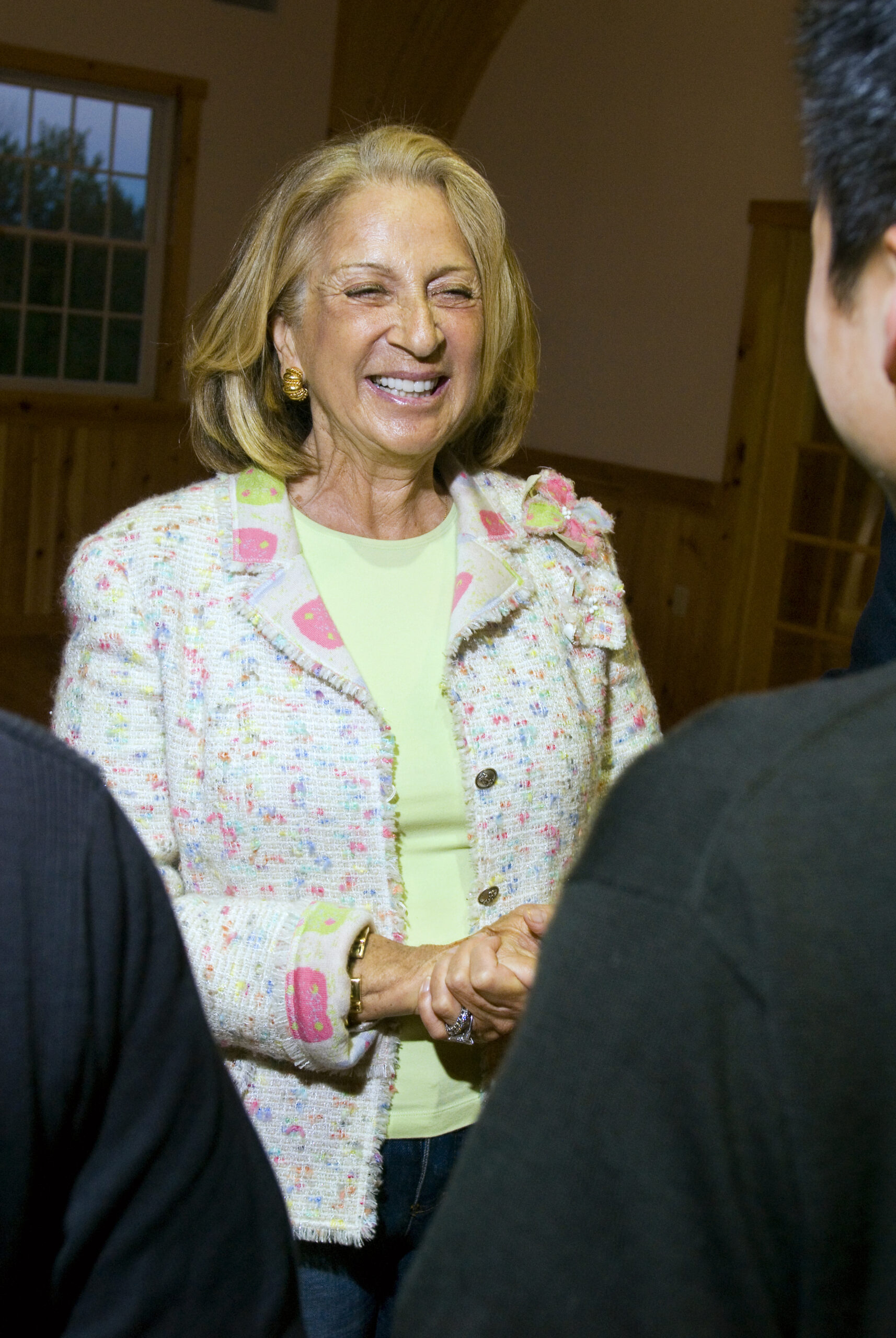
“My favorite session with the Fellows has always been the one called ‘What is Not on my Resume.’ It gives me a chance to get to know from the beginning a little bit more of each Fellow’s personality and/or inner life.”
-Daisy Soros
Paul Soros
Founder of The Paul and Daisy Soros Fellowships for New Americans
Born in Hungary in 1926, Paul Soros studied mechanical engineering in Budapest. As an 18-year-old in Hungary in 1944, Paul assumed a false identity and survived the Holocaust era. When the Soviets invaded Budapest, he was arrested, became a Russian prisoner of war, and escaped while in transit to Russia.
In 1948, as a member of the Hungarian ski team at the Olympic games in Switzerland, he defected. He initially went to Austria and subsequently to the United States. His experiences under both Nazi and Communist regimes awakened in him a powerful and enduring commitment to the American constitution and Bill of Rights. He believed that active and informed citizenship is essential to the protection of our democracy. And he was convinced that immigrants and others who have recently achieved citizenship have a special responsibility to support and defend our constitutional system.
Video about Paul Soros
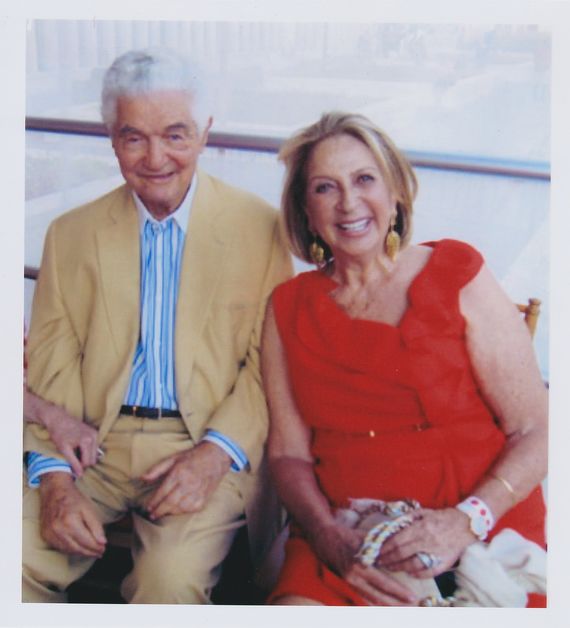
“It is not easy to cope with a situation where, for years, government policy, the papers, radio reclares you, as a person, because you belong to a certain group, undesirable, inferior and deservedly hateful. Futhermore, what is more devastating, the majority of the people of the country you are living in share those views.”
Paul Soros (1926-2013), American (Con)quest
The Fellowships, in many ways, reflect Paul and Daisy’s story. Their experience showed them that their unique perspective and that of other immigrants is an asset; through the pursuit of higher education, immigrants and children of immigrants have the potential to impact tremendous change and innovation across society, culture and academia.
Governance
Board of Directors
Governance
Administration
The Paul & Daisy Soros Fellows Association
The Paul and Daisy Soros Fellows Association (PDSFA) is the organization for current and former recipients of the Paul and Daisy Soros Fellowships for New Americans. By fostering friendships, mentorship, and professional relationships, the PDSFA seeks to strengthen the community of Paul and Daisy Soros Fellows and alumni and thereby promote recognition of the vital contribution of New Americans to the United States.
